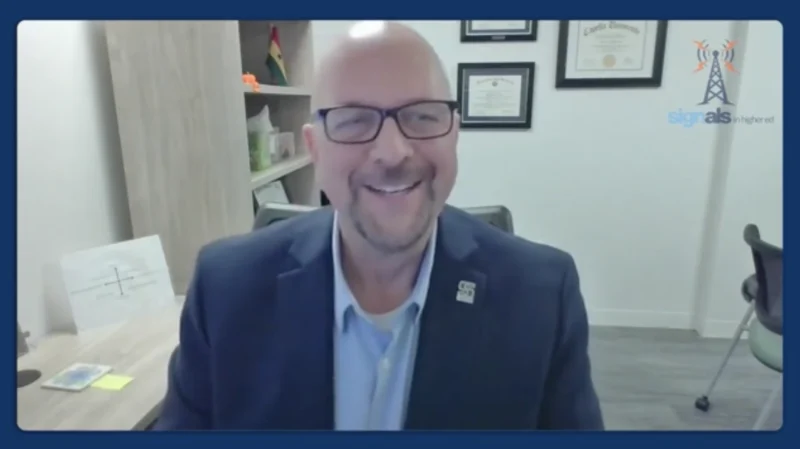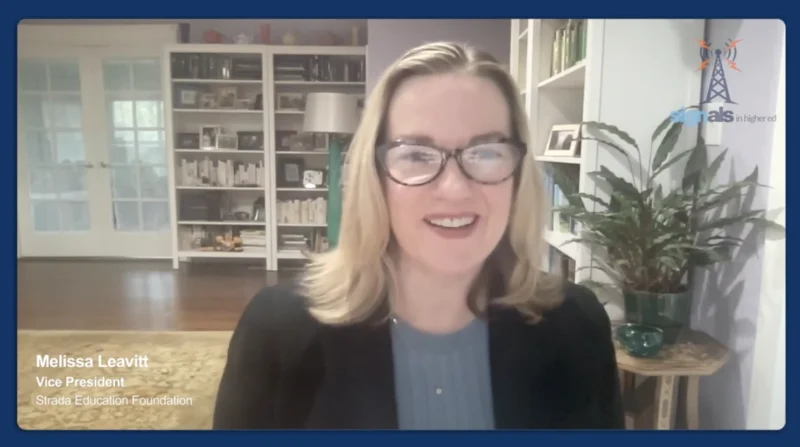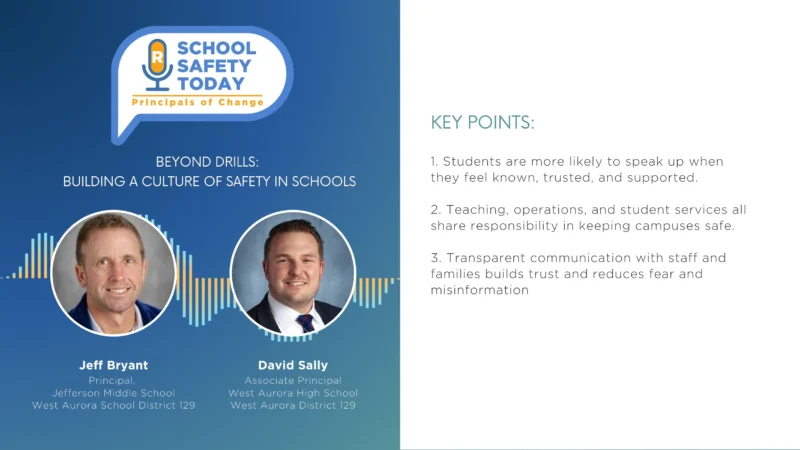Political Shenanigans: The Fire Alarm Prank and Its Consequences
This episode of SecurED, scrutinizes the events surrounding Rep. Bowman’s actions, emphasizing the potential consequences of such actions in government buildings. The hosts analyze the impact on security protocols, the allocation of resources, and the perception of elected officials by the American public.
Key Takeaways:
- Unintended Consequences: The incident’s ripple effect, from heightened security to the diversion of taxpayer dollars, is thoroughly examined. The hosts question whether this behavior aligns with the responsibilities of an elected official.
- Accountability Across Party Lines: The hosts emphasize the need for bipartisan accountability, urging both Republicans and Democrats to hold their colleagues to the same standards. The incident highlights a broader issue of perceived impunity among elected officials.
- Public Trust and Responsibility: The hosts assert that elected officials should act as responsible role models. Failing to do so erodes the public’s trust and perpetuates divisiveness.
About the Incident:
Rep. Jamaal Bowman allegedly pulled a fire alarm in the Cannon Office Building on Capitol Hill, claiming it was an accident while rushing to vote. However, the hosts and several representatives have raised doubts about this explanation, calling for accountability.




